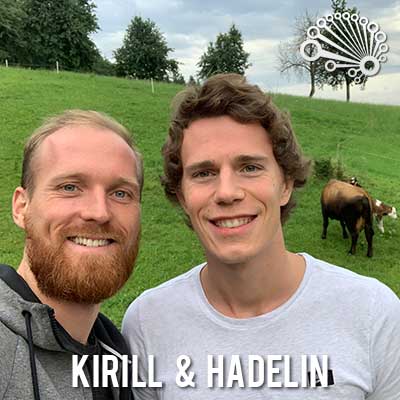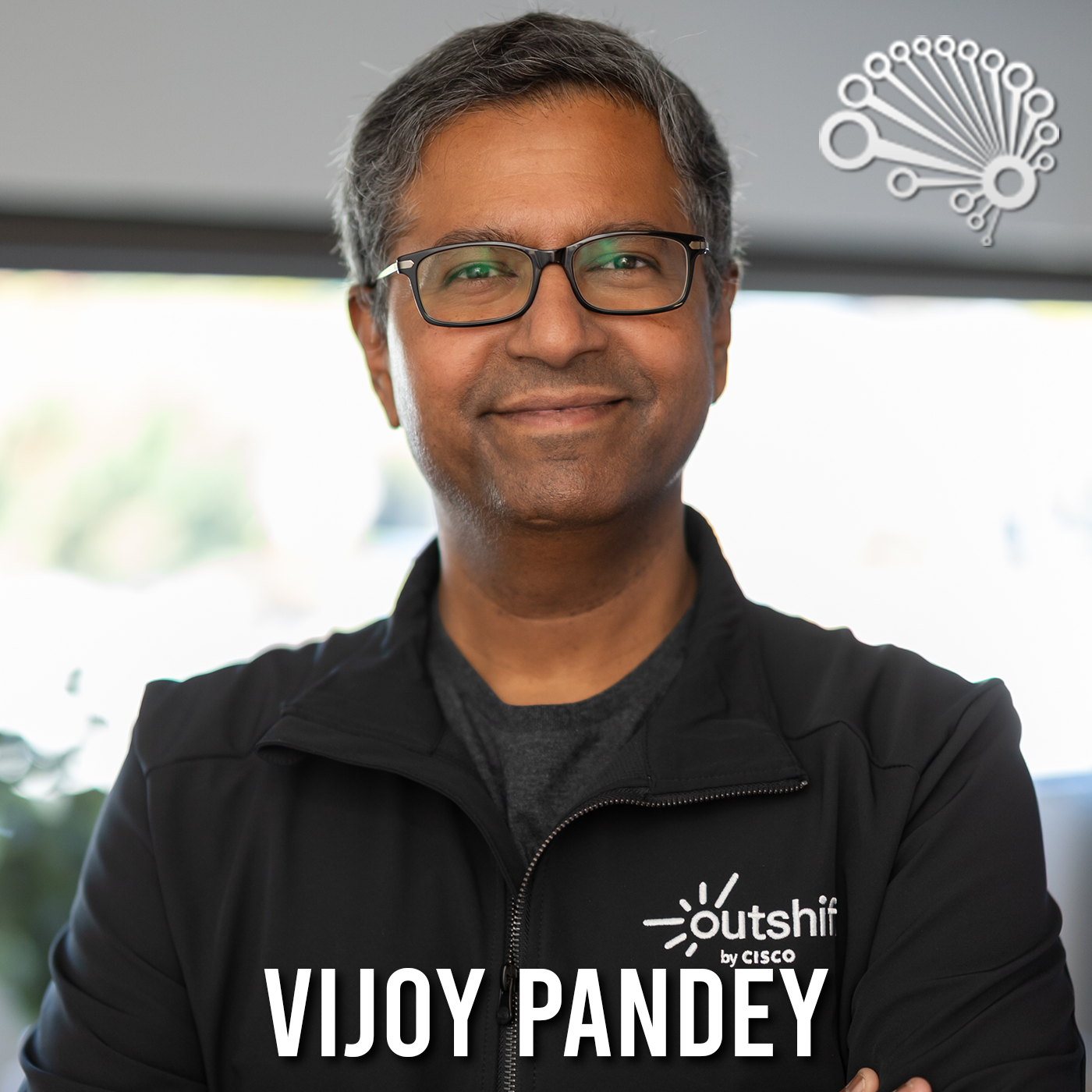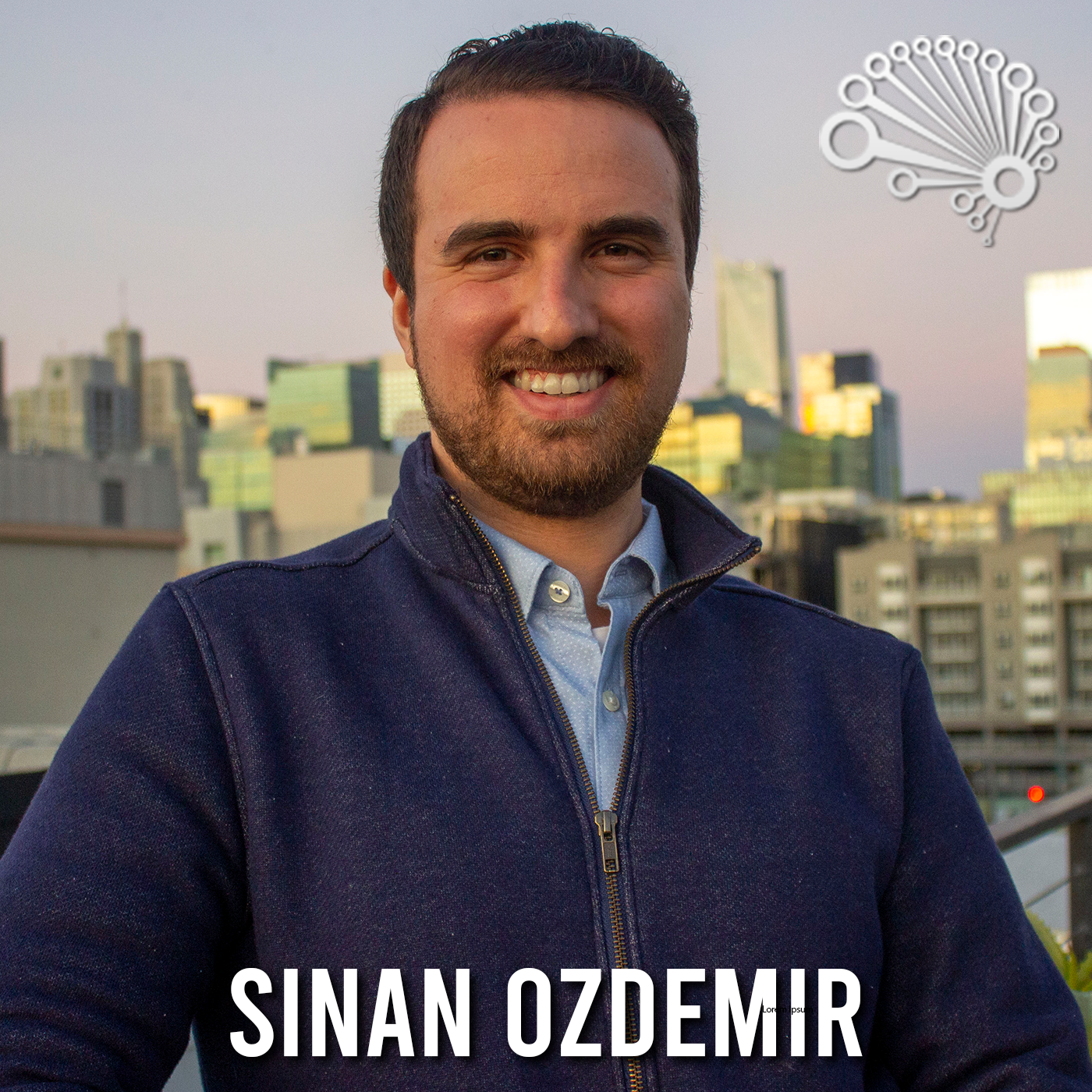Kirill: This is FiveMinuteFriday, Proximity.
Kirill: Welcome back to the SuperDataScience podcast ladies and gentlemen. We’ve got my dear friend in this part, Hadelin here with you today.
Hadelin: Hi Guys. How are you?
Kirill: So we’re still in Slovenia it’s our last day here.
Hadelin: Yes. Sadly it’s our last day, but fortunately it’s a beautiful sunny day today.
Kirill: Yeah, it’s fantastic. I was telling you today morning I found something better than coffee.
Hadelin: Ah, yes. Wow.
Kirill: Yeah. I went for a walk, at 9:00 AM, was coming back, picked up some grass to feed the cows, leaned over and touched the fence with my leg. Like this little tiny fence. I always wondered why the cows don’t go over it. And I got the biggest electric shock ever.
Hadelin: Well, are you going to do that every morning?
Kirill: Potentially, but it feels like your heart freezes, your whole body is as if you get like a big massive scare, but also like, I don’t know, it is just such a strange feeling and you got a rush of energy through your body and I looked it up just now. It was like 7,000 to 8,000 volts.
Hadelin: Wow. And it can go up to 50,000 volts.
Kirill: Crazy, right?
Hadelin: Yes. So is that better than coffee?
Kirill: Yeah, definitely better than coffee. So much energy like afterwards I was so energized and happy. It’s good.
Hadelin: Well, I’m not sure if I’m going to try it, but I love coffee anyway.
Kirill: Yeah. All right. So what are we talking about today?
Hadelin: Alright, so today we’re talking about proximity and the fact that, proximity is power.
Kirill: One of the three core principles by Tony Robbins for success in business.
Hadelin: Yes. What are the other two?
Kirill: I remember one is momentum.
Hadelin: Yes. And the other one is decisiveness.
Kirill: Decisiveness. So momentum, proximity is power or proximity and decisiveness.
Hadelin: We can talk about them in some other episodes.
Kirill: Yes. The reason we’re talking about proximity today is very correlated with where we’re actually going and what’s going to be happening in the next 24 hours. So we have this project that we’re working on. Which, by the way, if you’re not up to date yet, in addition to having courses which have been taken by almost a million students, Hadelin and I have a consulting business called Bluelife AI, where we create custom AI solutions for businesses to empower them to leverage artificial intelligence at no upfront cost.
Hadelin: Yes. And the applications like these can be to make massive profits, to increase profitability, to increase the efficiency and to innovate, to solve problems. Many things.
Kirill: Correct. And what is happening today is at Bluelife, we have this one project that we’re working on where there is a bit of a crisis and things need to be urgently fixed. And our team is, as you know us from our work, our team is all over the world. We have people, in all our businesses, we have people across multiple different countries. There’s no centralized location. There’s no office. Everybody works from home or from their favorite coffee shop or from a coworking space, wherever they want to. And so in Bluelife AI as well, our team is decentralized. They’re all over the place. And so, what are we doing to fix this crisis?
Hadelin: Well guys, remember in a previous episode we talked about our core skills, our core talent, if I may call them this way. And Kirill’s core skill or talent was to have this incredibly powerful inspiration that he can transfer to others. And so when you have a team that is working remotely with different members, working in different countries, and it’s hard to meet physically, well, of course at some point, each member is going to need some inspiration. Each member is going to need some coaching or some physical contact, physical connection. So that’s exactly what this is about. Not only this is about this, you know, Kirill is going to spread and use his inspiring power on the team. But also this is about brainstorming where we can generate better ideas when we’re physically together and,you know, solve the situation.
Kirill: Exactly. And so what we’re doing, is that the team, one of the team leads or the team lead for this project was currently in… Where was he?
Hadelin: France.
Kirill: No, Cyprus or Crete.
Hadelin: Oh, Crete, you’re right.
Kirill: In Crete. I keep confusing.
Hadelin: He’s based in France, but he was actually on holidays in Crete.
Kirill: And so, he was about to fly back to Paris and yes, we were talking about the project. We tried to see if we can solve the problem online as we usually do, but this is quite a big issue. So we were like, okay, no, change your flights. Like this was all last minute, he was about to get on the flight already.
Hadelin: Right after the call he just directly went to the airport and flew to Venice.
Kirill: Yeah. So we changed, we’re going to change his flights, instead of going to Paris he is going to Venice. And then from there he is taking a train to Trieste, or Trieste, I don’t know.
Hadelin: Trieste.
Kirill: It’s a city in Italy on the very east side of Italy near Slovenia, actually, it’s about a two hour train. So he was already in Venice last night. Now he’s taking a train to Trieste and we’re getting in the car and driving down Trieste and we’re meeting up with him there. We’re going to be brainstorming on a solution, which we will find in today’s afternoon and we’ll have dinner. And then, he’ll fly back to Paris tomorrow morning.
Hadelin: He’ll fly back to Paris with a new mindset, a new energy, a new belief for this project.
Kirill: Yes. And a massive action plan of what to do.
Hadelin: A massive action plan. That’s right. That’s also so important.
Kirill: Exactly. And so what I guess the conclusion of all this is that, proximity is power in many ways. If you want to learn from people, you need to get yourself near them. If you want to make people successful, you need to get yourself near them. If you want to complete projects and solve crises and do get stuff done efficiently and fast, you need to get yourself near. We live in a digital world where every everything can be done online. Don’t forget that actually when you’re in person next to someone, it’s a completely different story. And Hadelin and I can both attest, we worked for how long together before we met?
Hadelin: Three years.
Kirill: No, no. Like before we met in person, we worked like eight months or something.
Hadelin: Oh, yes.
Kirill: Yeah. So we started working online together, for eight months we worked together. It was fantastic. We’re getting things done. But then when we met for the first time, boom, new level.
Hadelin: That’s true.
Kirill: Absolute new level.
Hadelin: Yes. And so, we gave this example of our employee who’s going to meet us and leverage the proximity for ourselves. But, it’s the same for us. We go to conferences to meet high level people, who have much more experience than us and much more knowledge and much more, well power actually and from them, we learn a lot. And we learn so much that it really is almost a breakthrough each time.
Kirill: Exactly. So you got to think about who in your life can you get more proximity to who should you get more proximity to. It might be professionally like a mentor or a coach or might be in a personal life. Maybe you’re not spending enough time with your spouse, maybe your parents or maybe your kids that need more proximity from you. Maybe your friends, maybe a certain location needs more proximity for you to get better inspired or get things done there. What else could you need proximity from person or a person needs their proximity?
Hadelin: Well, it’s not only about physical contact, but it’s also about learning from the experience of others. So, well, you know, if we do this exercise again of listing all the possible ideas of proximity, I am sure we would end up with a hundred ones. So you have conferences, meetups. Now we have great websites like meetup.com when you can, meet up with some people who have the same interest or vision as you. You also have workshops. You also have universities. You know, you can take some courses, part-time courses in a university. Well you have many ideas for proximity.
Kirill: Yeah. And I thought of another one, building your network, right? Great to meet people on Linkedin and get them in your network. But you also want to then find the ones that are local, close to you and invite them for coffee and say: Hey, if you have 10 minutes on Friday, I’ll shout you a coffee. And that’s, even though you don’t know where this is going to go, you’re not after a specific outcome. You’re not maybe looking for a job right now. Just do that. And if you do that like five times a month for two, three years, you’re going to end up with a massive network of people who are you very close with. And when you do need a job or when you do want to upgrade, or you do want to help somebody else get a job, or you want to start a project, build a business or whatever, you have some questions you need to solve, you will have those connections because you leverage this power of proximity that now you know these people very well in person. You’ve built these connections.
Hadelin: Very true. For example, I’m on a group, Facebook group, Linkedin group, and each month I get like three, four, or even five invitations to events where I can meet people, discuss, have drinks, and yes, by doing this, well, you increase your network considerably.
Kirill: Fantastic. So there you go. Proximity is power. Hope you guys found this useful. And we’ll see you next time.
Hadelin: See you guys.
Kirill: Untill next time, happy analyzing.



